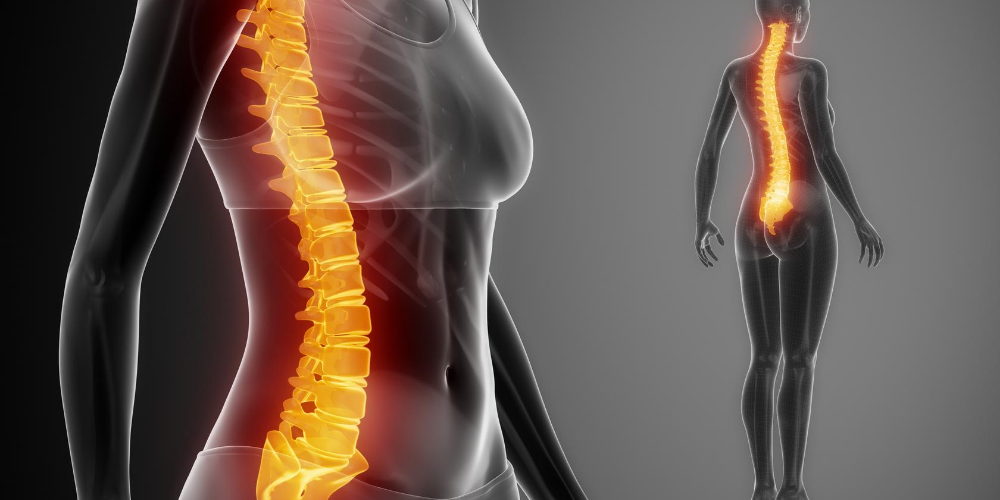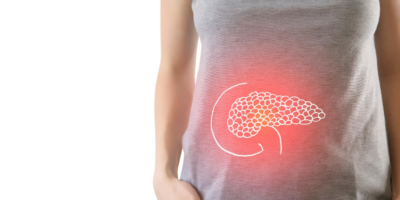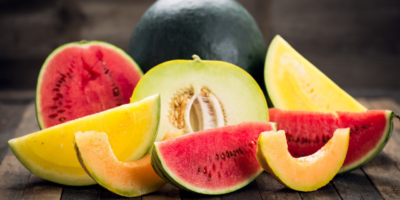Unlike vitamin A or B, vitamin K2 (also called menaquinone) is not really popular, and not too many people know it. Vitamin K2 rarely appears in Western diets and does not receive much attention. However, Vitamin K2 is a nutrient that plays an important role in many health benefits. Vitamin K2 works to prevent osteoporosis, helps strengthen bones. Not only that, but it also helps reduce the risk of cardiovascular disease effectively and helps the brain work better by increasing blood flow to the brain.


1. History of vitamin K2
✅ In 1929, vitamin K was first discovered and considered as a nutrient that plays an important role in the body’s anticoagulant. The first report was recorded in the German scientific newspaper called “Koagulationvitamin”, which is also the origin of the name vitamin K.
✅ Vitamin K was also discovered by dentist Weston Price, who traveled the world in the early part of the 20th century to study and study the link between diet and disease in different territories. He realized that in countries with less-developed industries, people’s diets contain an unknown nutrient with relatively high content that helps prevent the formation of dental plaque and chronic diseases. He calls this mysterious nutrient the activating factor X (the original name is “activator X”), which is today’s vitamin K2.
✅ Vitamin K is divided into 2 main groups including:
- Vitamin K1: Also known as phylloquinone is found in plant-based foods like leafy greens.
- Vitamin K2: Also known as menaquinone, is common in animal-derived foods and fermented foods. Vitamin K2 can be divided into several subgroups, the most important of which is MK-4 and MK-7.
2. Top 3 Vitamin K2 health benefits
2.1 Vitamin K2 health benefits: Prevent cardiovascular disease


✅ Vitamin K works to prevent calcium from depositing inside the artery. In fact, calcification and deposition of calcium in artery walls are the leading risk factors for many dangerous cardiovascular diseases.
✅ In a 7 to 10-year study, those who took vitamin K2 at the highest levels had a 52% lower risk of developing arterial plaque and a lower risk of death from cardiovascular disease go 57%. Another study conducted on 16057 women also found that those who took a diet high in vitamin K2 had a reduced risk of cardiovascular disease. With the daily intake of vitamin K2 at 10 micrograms, the risk of cardiovascular diseases is reduced by 9%.
2.2 Vitamin K2 health benefits: Improve bone health and reduce the risk of osteoporosis


✅ Vitamin K2 plays a central role in the metabolism of calcium, the main micronutrient in human bones and teeth. Vitamin K2 activates the calcium-binding proteins osteocalcin and GLA that help build bones and maintain firmness. A three-year study of 244 menopausal women found that taking vitamin K2 supplements slowed down the process of reducing bone mineral density due to aging. In addition, vitamin K supplements are officially recommended for the prevention and treatment of osteoporosis in Japan.
2.3 Vitamin K2 health benefits: Cancer prevention


✅ Many studies have been done to find a link between vitamin K2 and certain types of cancer. Two clinical studies suggest that vitamin K2 reduces the recurrence of liver cancer and prolongs life. Moreover, an observational study of 11,000 men found that high levels of vitamin K2 supplementation were associated with a reduced risk of prostate cancer while vitamin K1 did not have this effect. However, there is still a need for quality studies before concluding on this effect of vitamin K in general and vitamin K2 in particular.
3. Foods that contain vitamin K2
- The gut bacteria are responsible for synthesizing vitamin K2 in the colon and converting vitamin K1 into vitamin K2 but the conversion rate is very low and this conversion is not nearly enough to meet the body’s needs.
- However, there are other foods rich in vitamin K2 such as animal products, meat, eggs, and fermented foods like cheese, yogurt, natto – a traditional Japanese food. Fermented vegetables are a good source of vitamin K2. Note: Not all bacteria produce vitamin K2, so not all fermented foods contain this vitamin. For example, yogurt does not contain too much vitamin K2. But some cheeses like Gouda, Brie, and Edam are good sources of K2.
4. Notes when using vitamin K2
- Vitamin K2 is fat-soluble, so you should talk to your doctor before trying vitamin K2 supplements, especially for high-dose supplements for pregnant and lactating women.
- Vitamin K may interact with anticoagulants. If you take an anticoagulant such as warfarin, you should not increase your vitamin K level without consulting your doctor.
Recommended for you
🎁 Doctor’s Best Natural Vitamin K2 Mk-7 with MenaQ7, Strengthen Bones


✅ Doctors Best Natural Vitamin K2 MK7 with MenaQ7 supports bone health and soft tissue elasticity and supports calcium metabolism for the maintenance of bones. It uses pure MenaQ7, the superior form of vitamin K for optimum bioavailability. MenaQ7 is purified from fermented chickpeas which are naturally rich in vitamin K2. K2 belongs to a group of vitamin K compounds called menaquinones, which show greater bioactivity when compared to K1, the ordinary supplemental form. K2 is absorbed more completely, remains in the body longer, and delivers more benefits for bones, blood vessels, and other soft tissues. Directions: Take 1 capsule daily, with or without food, or as recommended by a nutritionally-informed physician.






Leave a Reply